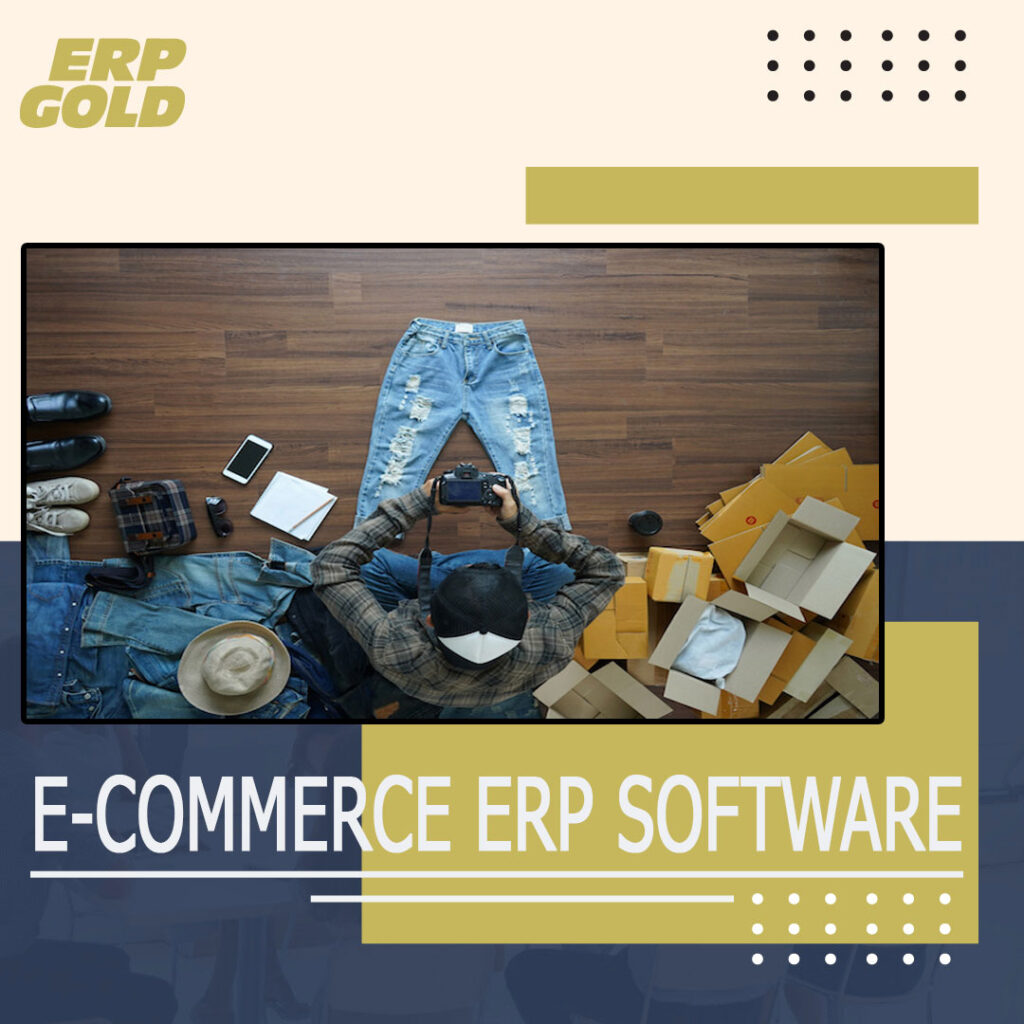The business-to-business (B2B) landscape is gradually evolving away from the more conventional offline sector, with more enterprises joining the eCommerce bandwagon.
To give the right products to your clients — while also personalizing their experience to your brand — you need to select the best eCommerce platform that’s right for your firm. So, below are the highlighted key considerations for B2B E-commerce platform.
Must-Have Features Before Choosing E-commerce Platform
While each of the eCommerce systems we’ll be discussing differ in many ways, they also have a lot in common. Let’s take a deeper look at some of the most crucial characteristics of B2B e-commerce software and platforms.
1. Access restriction settings.
Let’s face it: B2B e-commerce firms are a bit more sophisticated than B2C eCommerce businesses. Due to the intricacies and rules typically connected with selling to other companies, you need to adjust your eCommerce platform to solve for varying buyer experiences, depending on the user.
Because of this, your eCommerce software of choice should provide you the flexibility to grant or restrict access to certain areas of your site on an individual basis.
For example, you may want to:
• Hide your bulk pricing from your B2C customers.
• Hide pricing altogether (for various reasons) (for a variety of reasons).
• Hide your B2B site altogether from non-registered members.
The decision as to how to employ these possibilities is up to you and requires looking at your B2B buyers’ experience and your variety in clients and items. You only need to make sure the B2B eCommerce software you chose allows you to make these decisions in the first place — otherwise, you’ll run into challenges while trying to build out these paths in the future.
2. Pricing, payment, and ordering customization and choices.
B2B enterprises are frequently built of several moving pieces. Between customer management tools, fulfillment centers, and punchout catalogs, there are a lot of different systems that need to work together to build unified order management and customization system.
You need to guarantee your B2B eCommerce platform enables transactional alternatives in one unified solution. Many tools that don’t work together may result in disorganization, confusion, and potential problems with inventory management and order fulfillment. This is particularly essential if you are a hybrid organization offering both B2C and wholesale channels — as reducing channel conflict and management are pivotal to all elements of your business.
Additionally, you could want to provide your best clients additional delivery options, again depending on their tier, geography, or some other aspect. It’s advisable to go through any B2B features you may need to be available before diving into putting an eCommerce platform into your shop.
3. Heavy attention on user/customer experience.
Whenever organizations decide to establish an eCommerce website, one thing is the most vital (apart from sales), and that’s the experience visitors get when they visit your website.
You want your brand to resonate with your b2b consumers, and the user experience and user interface (UX/UI) of your site have to make your clients’ experience with your brand more rewarding and joyful. For example, you could automate your eCommerce product videos to make videos in volume. Videos are more aesthetically engaging than text, and alongside increasing user experience, you are likely to enjoy increased conversions by scaling your volume of creatives.
As more and more B2B firms move towards an expanded UX/UI with optimization options, your best bet is to choose a platform that offers all the personalization options you need for now AND in the future.
- That said, you want to select a platform that enables you to construct an eCommerce site that’s:
- • Easy-to-use and logically built templates.
- • Customizable and brandable.
- • Responsive on many devices.
- • Easy to add tools to — like lead capture forms, personalization plug-ins, and incentives programs.
• Factors to Think About Before Selecting a B2B Ecommerce Platform
In addition to the customer-facing considerations, we outlined above, you also need to examine how your choice of B2B eCommerce platform will affect your firm.
1. Use of platform and software.
First of all, your team’s ability to use your selected platform hinges on a few things:
- • The platform’s user interface.
- • The level of knowledge required to fully utilize the platform.
- • Your team’s expertise, competencies, and bandwidth.
As we’ll see in a moment, each platform is suited to users with a unique level of coding and developer knowledge.
And, of course, each platform’s interface differs in various ways.
The fact is, most platforms and b2b eCommerce tools aren’t intended for everyone; they’re not supposed to be. That’s why it’s vital to pick not “the best” platform but the platform that your team will utilize best.
2: Business implications.
Of course, we can’t dismiss the fact that your choice of a B2B eCommerce platform will have a significant impact on your entire business. Your first order of business, here, should be to answer the following question:
Why do you need an eCommerce site?
1. Do you want to recruit new customers?
2. Trying to build your relationship with your current clients?
3. Do both?
4. Do more?
Whatever the situation may be, keep your goals in the front of your mind, and select the platform that will best allow you to realize them. In addition, look two, five, and ten years into the future.
What tools do you foresee requiring as you continue to grow? You want an e-commerce platform that will fulfill the aims of your business now and your business as it evolves.
3: Cost of the platform.
By “cost,” here, we mean not only the monetary cost (although that is, of course, quite essential) but also the internal cost of getting the site up and operating, maintaining it, etc.
While on-premise solutions offer an exceptional amount of customization, they also require full-time developers to go through the numerous subtleties of the buildout.
In addition, an on-premise solution carries the weight of security and compliance, which may get pricey as well.
While putting together “just any” eCommerce site isn’t all that tough, managing a fully-functional one demands a ton of attention from your team, especially if you choose a platform that requires a substantial amount of custom work.
This goes back to ease of usage. The easier it is for you to modify your site, the better the platform is for business.
How does ERP Gold work for Multichannel Management?
ERP Gold is a unified platform for all your online marketers, wholesalers, retailers and connects their Market Places and e-commerce platforms (i.e. Amazon, eBay, Walmart, Shopify, Magento and Woo Commerce) together.
ERP Gold multi-channel selling software allows you to keep your stock organized as well as keep records of what items are being packaged, picked or shipped out in real-time. ERP Gold multi-channel ERP software Manages recurring reorders, easily view purchase history and generate reports in no time.
ERP Gold provides an all in one multi-channels inventory, sales and shipping solution. Our multichannel management system supports all popular online marketplaces like Amazon, eBay, and Wal-Mart. Our customized and low-cost multichannel solution provides easy and quick integration with Amazon, eBay & Wal-Mart. This allows for easy exchange of data, improved customer service, and efficient strategic decision-making.
Multi-Channel ERP Software helps you to boost the number of sales orders in online purchasing and engage more potential clients.

